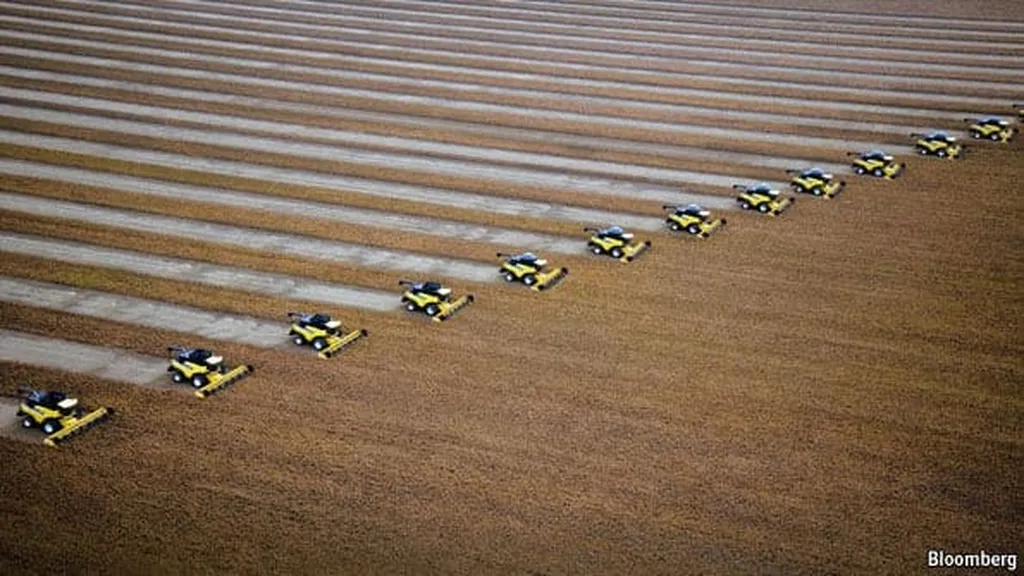Artificial intelligence is reshaping agriculture, creating efficiencies and driving meaningful impacts on farms. This transformation was a key topic of discussion at the 2025 World Agri-Tech South America Summit held in São Paulo last month, where industry experts shared insights on how AI is revolutionizing the sector.
Multinational chemical company BASF has been at the forefront of this change, leveraging AI to enhance its marketing activities and develop software to assist growers. Almir Araujo Silva, director of digital, new business models, and commercial excellence for Latin America at BASF, highlighted the company’s efforts to bring agriculture to “the next level” through AI. “I think that the ag input industry is now understanding the impact of artificial intelligence and how this will change and reshape the agri-chain,” he said. AI applications span various areas, from research and development to market research and marketing, enabling personalized offers and better customer support, while also creating new revenue streams.
BASF’s acquisition of the digital farming tool Xarvio from Bayer in 2018 exemplifies this commitment. Xarvio helps farmers efficiently use inputs and manage weeds. Over the years, BASF has expanded Xarvio’s capabilities, including adding field-specific insights and advice to improve yields for fruit and vegetable farms in several countries. Users of BASF’s AI technologies have reported significant benefits, including an 80-90% increase in resource optimization and a 2-5% increase in yields.
Digital agriculture company Solinftec is also harnessing AI, coupled with robotics, to reduce fertilizer usage and promote precision agriculture. Laís Braido, CFO at Solinftec, explained that their technology not only enhances herbicide application but also provides insights into soil and plant health and weed infestations. “We will be able to talk about phenotyping on a large scale, applying biologicals with much more stability in the fields,” she said. This approach is leading to higher yields and more sustainable farming practices.
Despite the availability of AI technologies, the challenge lies in ensuring these tools reach farmers. Anderson Rocha, a full professor and researcher at the University of Campinas, emphasized the need to spread awareness and demonstrate the tangible benefits of AI to producers. “This is here to stay. This can help them not only reduce costs but produce much more food, which is the real challenge of the 21st century,” he stated. With the global population approaching 9 billion, the need for technology-driven solutions in agriculture has never been more critical.
The implications of AI in agriculture are profound. By enabling more precise and efficient farming practices, AI technologies can help meet the growing demand for food while promoting sustainability. As these tools become more widespread, they have the potential to transform the agricultural landscape, making farming more productive and environmentally friendly.

